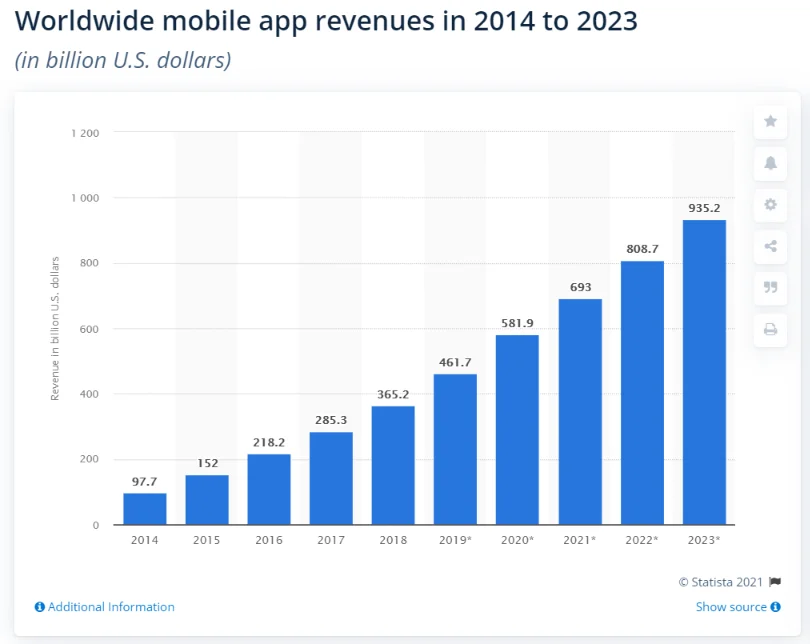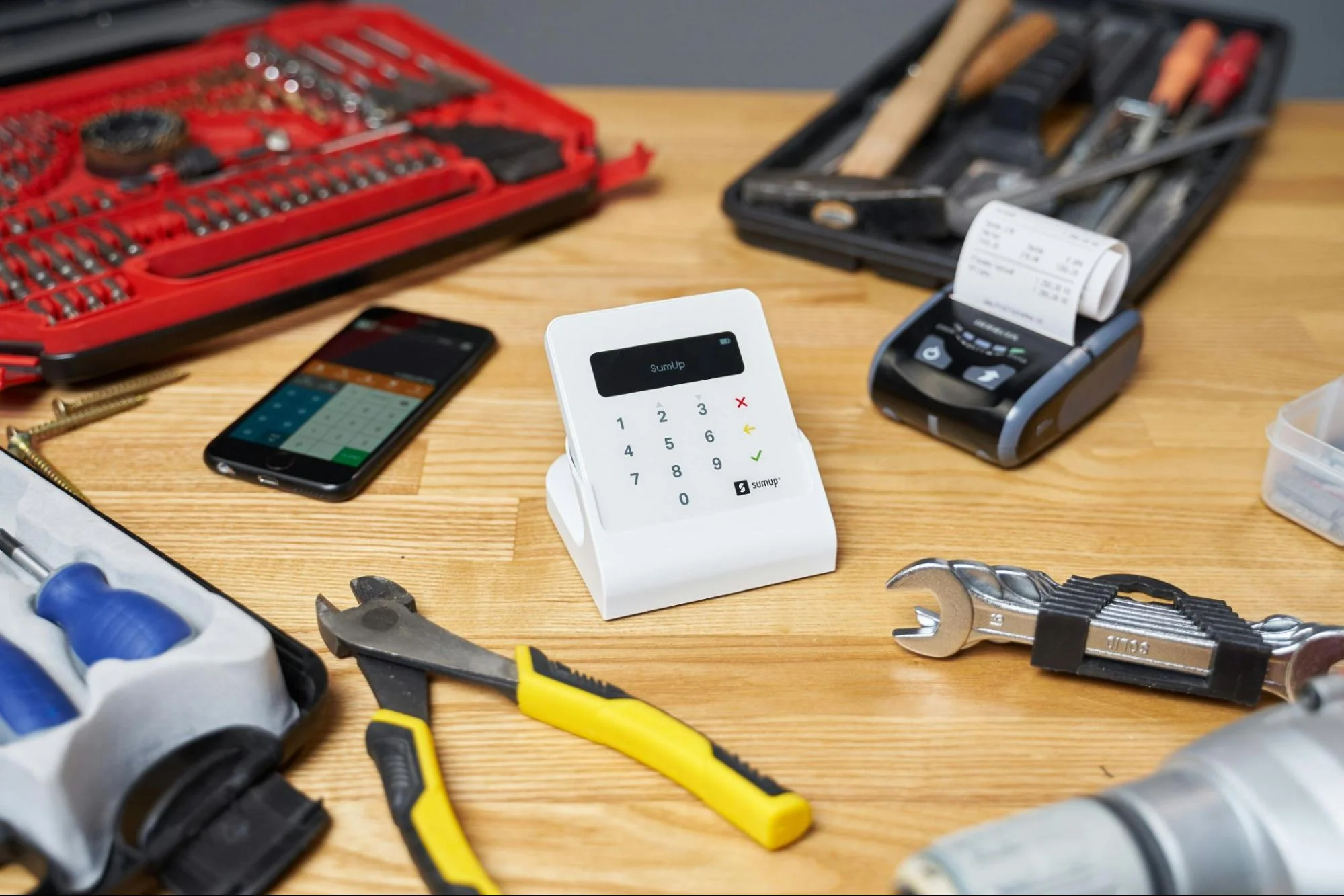
In today’s digital age, mobile applications have become an integral part of our lives. From social media to banking, shopping to entertainment, there’s an app for almost everything. This has created a lucrative market for app developers. If you’re passionate about coding and want to turn your skills into a profitable venture, app development can be a great option.
This comprehensive guide will delve into the various strategies and avenues you can explore to make money from app development.

1. Understanding Your Target Market

Before you start developing an app, it’s crucial to identify your target audience. Understanding their needs, preferences, and behaviors will help you create an app that resonates with them.
- Market Research: Conduct thorough market research to identify potential niches or gaps in the app market. Analyze competitor apps, identify trends, and understand consumer preferences.
- User Personas: Create detailed user personas to represent your target audience. This will help you tailor your app’s features and design to their specific needs.
Recommended Reading: Mobile app development vs. Web app development: which one is right for your
2. Choosing the Right App Idea

A great app idea is the foundation of a successful app development project. Here are some factors to consider when choosing your app idea:
- Passion and Interest: Choose a topic that you’re genuinely interested in. Your passion will drive you through the development process.
- Market Demand: Ensure there’s a demand for your app idea. Research similar apps and their popularity.
- Feasibility: Assess the technical feasibility of your app. Consider the resources, time, and budget required for development.
- Unique Selling Proposition (USP): Identify what makes your app unique and different from competitors. A strong USP will help attract users.
Recommended Reading: App Development: Let Your Child Invent
3. App Development Process
Once you have a solid app idea, the development process begins. Here’s a general overview of the stages involved:
- Planning and Wireframing: Outline the app’s features, user flow, and overall design. Create wireframes to visualize the app’s layout and user interface.
- Design: Design the app’s visual elements, including the user interface, graphics, and branding.
- Development: Write the code for the app’s functionality using the appropriate programming languages and tools.
- Testing: Thoroughly test the app on various devices and platforms to identify and fix bugs.
- Deployment: Submit your app to app stores (Apple App Store, Google Play Store) for approval and distribution.
4. Monetization Strategies

There are several ways to monetize your app. The best strategy will depend on your target audience, app type, and business goals.
- In-App Purchases: Offer virtual goods, premium features, or subscriptions within the app.
- Advertising: Display ads within the app, such as banner ads, interstitial ads, or video ads.
- Freemium Model: Offer a basic version of the app for free and charge for premium features or content.
- Subscription Model: Provide access to exclusive content or features for a recurring fee.
- Paid App: Charge a one-time fee for downloading the app.
5. Marketing and Promotion

Once your app is ready, it’s time to promote it and attract users. Effective marketing and promotion can significantly impact your app’s success.
- App Store Optimization (ASO): Optimize your app’s metadata, keywords, and visuals to improve its visibility in app store search results.
- Social Media Marketing: Leverage social media platforms to create awareness and engage with your target audience.
- Content Marketing: Create valuable content, such as blog posts, tutorials, or videos, to educate and attract potential users.
- Influencer Marketing: Partner with influencers in your niche to promote your app to their followers.
- Public Relations: Reach out to media outlets and bloggers to get your app featured in news articles or reviews.
6. App Updates and Maintenance

Continuously updating and maintaining your app is essential for long-term success. Regular updates can improve user experience, add new features, and address bugs.
- User Feedback: Pay attention to user feedback and reviews to identify areas for improvement.
- Bug Fixes: Address any bugs or glitches that users encounter.
- New Features: Introduce new features or enhancements to keep your app fresh and engaging.
- Performance Optimization: Optimize your app’s performance to ensure it runs smoothly on different devices.
7. Scaling and Growth
As your app gains popularity, you may need to scale your development team or infrastructure to handle increased demand. Consider outsourcing or hiring additional developers to support your growth.
Conclusion
Making money from app development requires a combination of creativity, technical skills, and strategic thinking. By following the guidelines outlined in this guide, you can increase your chances of developing a successful app and generating revenue. Remember, success in app development takes time, effort, and perseverance. Keep learning, experimenting, and adapting to the ever-evolving mobile app market.
Moonpreneur is on a mission to disrupt traditional education and future-proof the next generation with holistic learning solutions. Its Innovator Program is building tomorrow’s workforce by training students in AI/ML, Robotics, Coding, IoT, and Apps, enabling entrepreneurship through experiential learning.


























Making money from app development sounds fancy but there are various common mistakes starters make which demotivates them and they leave the project in between. Some of them are underestimating the importance of user experience, ignoring market research, and not planning for monetization from the start.
Can you suggest any profitable app which will make money fast?
Ans. There are some trending genres which can be profitable like food app, dating app, fitness app & finance app.